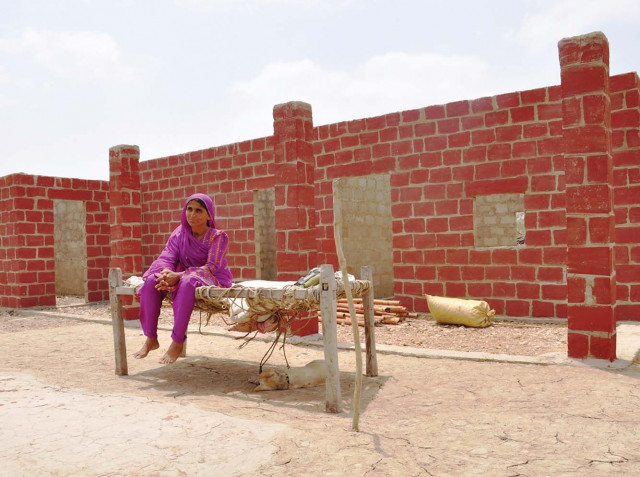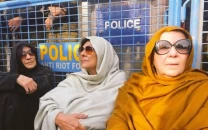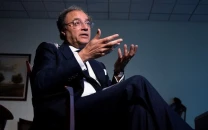Consultation session: Emerging challenges in sustainable development
Key stakeholders renew commitment and make recommendations to Rio+20.

Speakers at a workshop called for judicious use of dwindling natural resources, control on population and renewed political comittment as prerequisites for sustainable development, said a press released issued by the organisers here on Monday.
The consultation workshop was held in preparation for the UN Conference on Sustainable Development (UNCSD)/Rio+20 June 2012. The session was jointly organised by the United Nations Development Programme (UNDP) in its capacity as co-chair of the One UN Joint Programme on Environment and the Sustainable Development Policy Institute (SDPI).
“Moving towards sustainable development is not a matter of choice but necessity for Pakistan,” said UNDP Country Director Toshihiro Tanaka. He said that rapid population increase calls for wise decisions on the use of available resources as more and more people are becoming dependent for their lives and livelihoods on already depleting natural resources.
Former Ambassador Shafqat Kakakhel, UNDESA Consultant for Pakistan’s Preparations for UNCSD, stated that the objective of the consultation was to secure renewed political commitment towards sustainable development based on the progress in implementation of previous summits on sustainable development and the new and old emerging challenges.
He pointed out that Rio +20 Summit will discuss and make recommendations on green economy and institutional framework for sustainable development at global, regional and national level.
The Rio +20 process has global significance as its outcome will influence and direct the sustainable development agenda in the post-2015 period. It provides the opportunity to bring inclusiveness for human-focused, low-emission, climate-resilient growth, he added.
Advisor on Climate Change and Development Dr Ishfaq Ahmed emphasised that strengthening implementation capacity on the ground is critical and the government and multilateral agencies can play a pivotal role in this regard.
Former VC Quaid-i-Azam University and Member SDPI Board of Governors, Prof. Dr Qasim Jan, said that SDPI has contributed to the work of the Planning Commission’s Task Force on Climate Change and the formulation of the National Environment Policy in recent years. It is represented on the Advisory Group on Climate Change and Development. He added that the substantive and logistic support extended by SDPI, in collaboration with the UNDP, is perfectly in line with the mandate and goals of SDPI. After the Rio summit, SDPI will join the government and other key stakeholders in ensuring the effective implementation of the outcomes of the conference.
Vice Chancellor Lahore University of Management Sciences Dr Adil Najam highlighted different aspects of sustainable development while emphasising the importance of integrity of economy, environment and social justice. “Rio is an opportunity to redefine sustainable development across the globe and in Pakistan. We need to bring sustainability and efficiency checks while greening our policies,” he stated. The consultation engaged a wide range of Pakistani stakeholders including government, private sector, NGOs, think- tank and civil society.
Published in The Express Tribune, September 13th, 2011.



















COMMENTS
Comments are moderated and generally will be posted if they are on-topic and not abusive.
For more information, please see our Comments FAQ